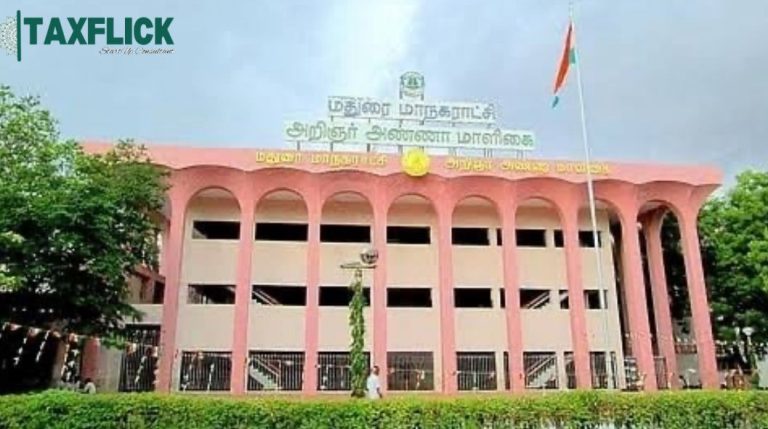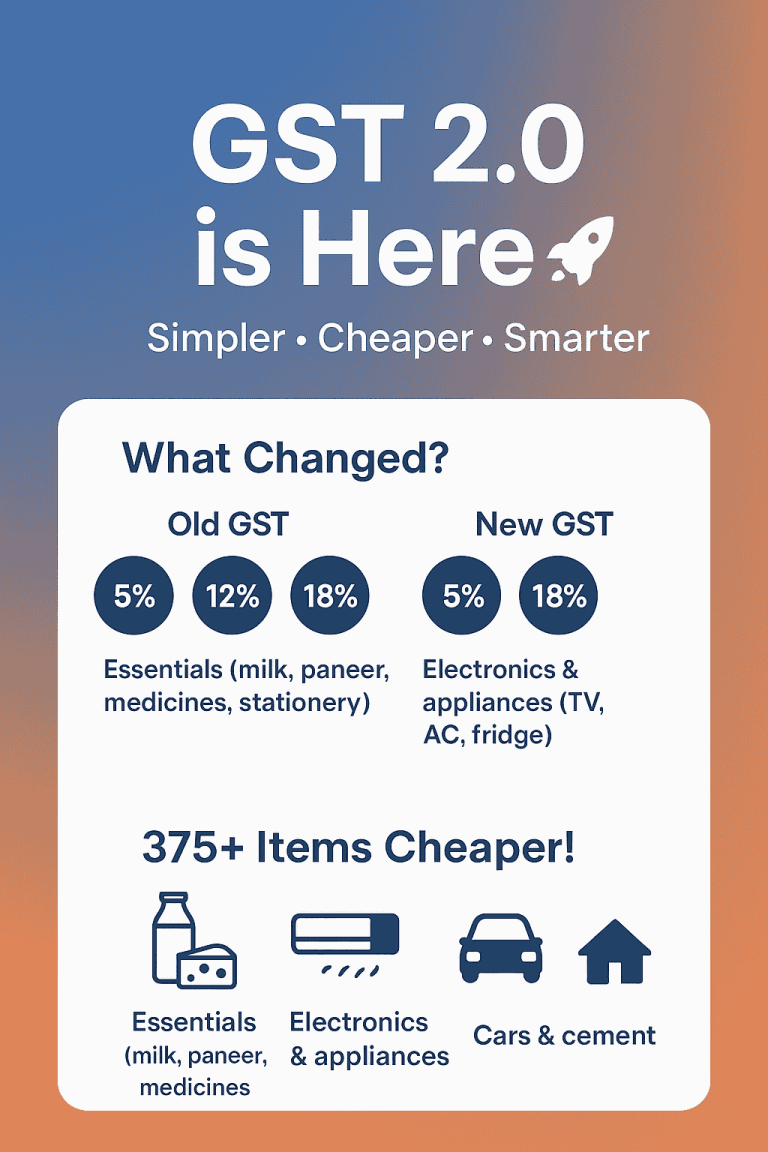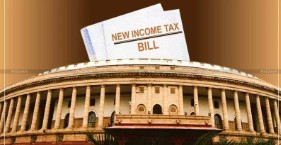Four Key Income Tax Amendments to Come Into Effect from FY26
New Delhi, August 12, 2025 — The government has approved four important amendments to the Income Tax Act 1961. They set to take effect from the financial year 2025-26 but will formally embed in the new Income Tax Bill, 2025. This will apply from FY 2026-27. Finance Minister Nirmala Sitharaman said the changes has bought to bring clarity, reduce any kind of compliance hurdles, and ensure parity across all tax provisions.
Sovereign and Pension Fund Exemptions
One of the most notable amendments grants tax relief to sovereign wealth funds and pension funds investing in India’s infrastructure sector. Dividends, interest, and long-term capital gains from such investments — made between April 1, 2020, and December 31, 2030 — will now be exempt from tax, provided they meet notification requirements. The Public Investment Fund (PIF) and its wholly-owned subsidiaries will be named directly in the exemption clause, removing ambiguity for global investors.
Block Assessment Reform
The second change focuses on search and seizure cases. Until now, taxpayers could face multiple overlapping assessments for the same block period, often causing delays and confusion. The amendment halts all such assessments until a formal block assessment order is passed — a move aimed at cutting red tape and improving the ease of doing business.
Correction to Standard Deduction Provision
A technical drafting error from the Finance Act, 2023, had inadvertently denied salaried taxpayers under the new tax regime the enhanced standard deduction of ₹75,000 for FY 2025-26. The omission of a specific clause in Section 115BAC(1A) meant the benefit was unavailable, despite the government’s intent to extend it. The latest amendment restores this deduction, ensuring that salaried individuals opting for the new regime will continue to receive the relief.
Parity Between UPS and NPS
The fourth amendment brings the Unified Pension Scheme (UPS) in line with the National Pension System (NPS) for tax treatment. Under the NPS, up to 60% of the accumulated corpus can be withdrawn tax that means its free upon closure or exit, and partial withdrawals of up to 25% of self-contributions are also exempt. These same provisions will now apply to the UPS. It will eliminate inconsistencies and provide uniform benefits to pension subscribers.
The Finance Minister has said that these amendments are small but important fixes meant to clear up mistakes, these will make rules fairer, and address issues raised by the investors. Experts believe that even though the changes are technical.They will help both foreign investors and Indian taxpayers by making tax rules easier to follow and more balanced.






